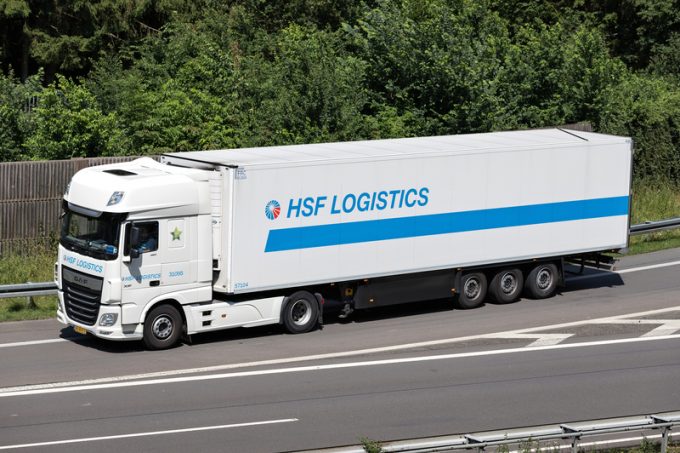Reuters: 27 July Hutchison deal deadline likely to be extended
REUTERS reports that the negotiations between Hutchison, BlackRock and MSC are likely to be extended ...

Danish ferry operator DFDS is set to significantly expand its cold chain logistics operations, agreeing to acquire the Dutch HSF Group for €296m ($358.4m).
The deal will effectively “quadruple” DFDS’s cold chain business, CEO Torben Carlsen said.
He added that a new special-purpose DFDS company set up ...

Comment on this article